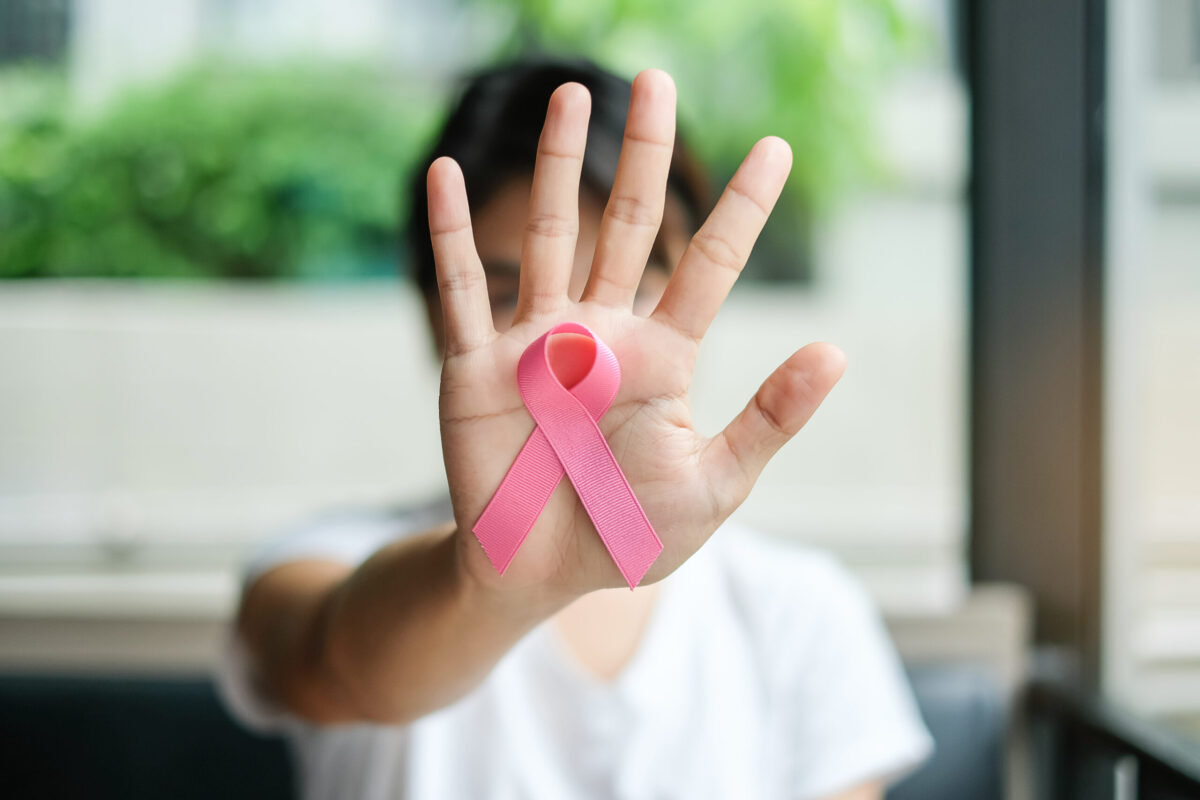Women in Tennessee experience a higher breast cancer mortality rate than other states. The reasons for that are complex — distance from care, lack of screening, genetics — but there are some facts that are simple.
“Breast cancer prevention starts with screening,” says Dr. Lisa Staton, medical director for BlueCare Tennessee. “If diagnosed early and treated before it spreads, the 5-year survival rate for breast cancer is 99%. Talk with your doctor about when to start annual mammograms based on your family history and risk factors.”
FACT: Tennessee women experience the 12th highest breast cancer mortality in the U.S.
Triple-negative breast cancer
While the rate of breast cancer diagnosis in white and black women is nearly the same, the type of cancer African-American women develop is often more difficult to treat. That can lead to higher mortality rates, which is another reason early screening is so crucial.
“Black women are more likely to get triple-negative breast cancer, which is an aggressive form that’s more likely to come back after treatment,” says Dr. Staton.
The triple-negative designation refers to 3 kinds of hormone receptors that are typically targeted during chemotherapy. Some women don’t have those receptors, which means doctors must target something else to attack the cancer.
“It’s an unchangeable, genetic factor,” says Dr. Staton. “But again, that’s why screening saves lives.”
In addition to screening, there are some simple lifestyle changes all women can make to reduce their risk.
7 lifestyle changes that may reduce breast cancer risk
1. Exercise most days
“Regular physical activity has a protective quality, especially in post-menopausal women,” says Dr. Staton. “Try to exercise 30 minutes a day, at least 5 days a week.”
2. Drink in moderation, if at all
“The more you drink, the higher your risk of developing breast cancer,” says Dr. Staton. “Try to limit the amount of alcohol you drink to one per day, if you choose to drink.”
3. Avoid tobacco
“Smoking is linked to an increased prevalence of breast cancer,” says Dr. Staton.
4. Adopt a healthy diet
“Women who adopt principles of the Mediterranean diet may have a reduced risk of breast cancer,” says Dr. Staton. “It also happens to be heart-healthy, so it’s great for boosting your overall health.”
The Mediterranean diet focuses mostly on fruits and vegetables, whole grains, legumes and nuts. It also stresses choosing healthy fats, such as olive oil, over butter and fish over red meat.
For a complete guide to the Mediterranean diet, click here.
5. Consider your choice of contraception
Oral contraceptives, or birth control pills, have a low possibility of increasing breast cancer risk.
6. Understand how pregnancy and breastfeeding play a part
“There are also some reproductive factors that increase breast cancer risk,” says Dr. Staton.
Those include:
- Later age at the time of first pregnancy
- Never having given birth, and the
- Absence of breastfeeding.
“Breastfeeding has been shown to have a protective effect,” says Dr. Staton. “The longer you do it, the more you’re protected.”
For a complete guide to breastfeeding, click here.
7. Limit hormone therapy
“Post-menopausal hormone therapy can increase a woman’s risk for breast cancer, especially for women who are on it for more than 3 years,” says Dr. Staton.
Limit your risk by talking with your doctor about using the lowest dose possible for the shortest amount of time.
The bottom line on breast cancer
“You can’t change your genetics,” says Dr. Staton. “Instead, work on maintaining a healthy lifestyle, eating healthy foods, exercising, and continuing to get screened.
“It’s not about focusing on what you can’t change; it’s about changing what you can.”
For more information on breast health from Dr. Staton, click here.
Get more information about specific health terms, topics and conditions to better manage your health on bcbst.com. BlueCross BlueShield of Tennessee members can access wellness-related discounts on fitness products, gym memberships, healthy eating and more through Blue365®. BCBST members can also find tools and resources to help improve health and well-being by logging into BlueAccess and going to the Managing Your Health tab.


